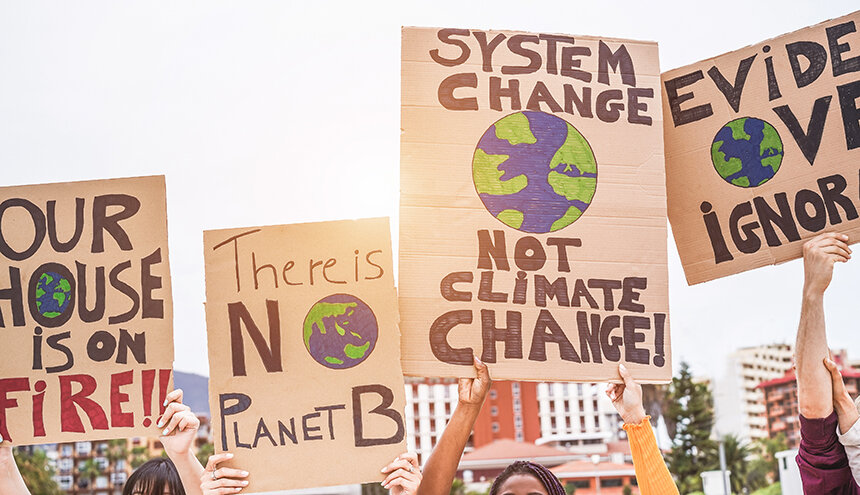Slow Progress, Lack of Diversity Cited at Rhode Island PUC
November 7, 2016
WARWICK, R.I. — Two recent votes by the Rhode Island utilities board didn’t satisfy those wanting to help customers who can’t afford to keep the power and heat on.
In 2015, 26,000 gas and electric utility service terminations were imposed in Rhode Island. The advocacy group the George Wiley Center says that number is unacceptable and called for emergency regulation changes as winter approaches.
The state Public Utilities Commission (PUC) denied a request by the George Wiley Center to have service restored with a 10 percent down payment for all utility customers, all year long. However, the three-member regulatory board did approve a 10 percent down payment for low-income customers who lose their heat and power during the winter.
PUC commissioner Marion Gold, the newest member of the state agency, said she expects the board to improve communications with the George Wiley Center to improve the termination crisis.
“These are very difficult issues for everyone,” Gold said. “Obviously, a lot of people are struggling. It’s important that we understand the ramifications and the effectiveness. And the intent is to help people in the long run rather than putting a Band-Aid over the problem.”
Gold and commissioners Margaret Curran and Herbert DeSimone Jr. rejected the year-round, 10-percent-down-payment plan because they wanted to first see the effect of recent changes made by the General Assembly to the Henry Shelton Act. The first report on those changes is due to the PUC by Nov. 15, 2017.
“We can’t afford the 10 percent never mind the 25 percent,” shouted one of the dozen activists at the Oct. 31 hearing. Others booed and shouted “No” when the vote was taken.
Rep. Anastasia Williams, D-Providence, called the PUC’s decision a victory, but she described the process as “window dressing,” because it only addressed the will of Gov. Gina Raimondo, Senate President Teresa Paiva Weed and House Speaker Nicholas Mattiello. She was dismayed that she and activists weren’t allowed to speak at the hearing.
“They (commissioners) are going along to get along at the expense of the people who need the 10 percent of service from the PUC. We cannot allow this to continue,” Williams said during an impromptu gathering of advocates after the hearing.
She criticized the PUC for not representing the black or brown community. “The minority community, the poor community is highly affected (by the rule changes),” Williams said. “So these boards and commissions need to reflect that. Period.”
Progress must happen at both the PUC and the General Assembly, Williams said. “The changes need to be made not only here but in the governor’s office and the Legislature in both the Senate and House side, once and for all.”
Categories
Join the Discussion
View CommentsRelated Stories
Your support keeps our reporters on the environmental beat.
Reader support is at the core of our nonprofit news model. Together, we can keep the environment in the headlines.
We use cookies to improve your experience and deliver personalized content. View Cookie Settings



